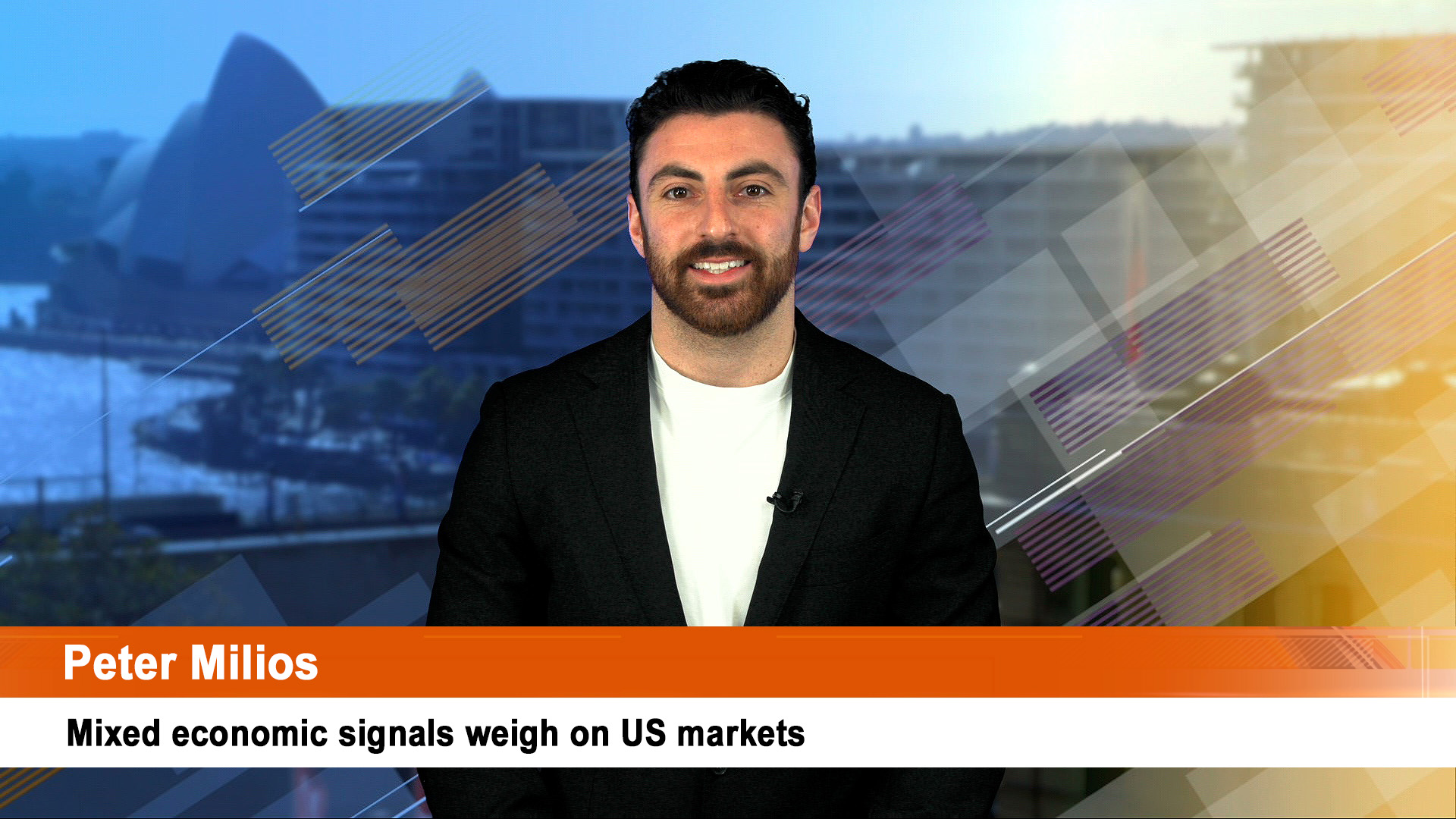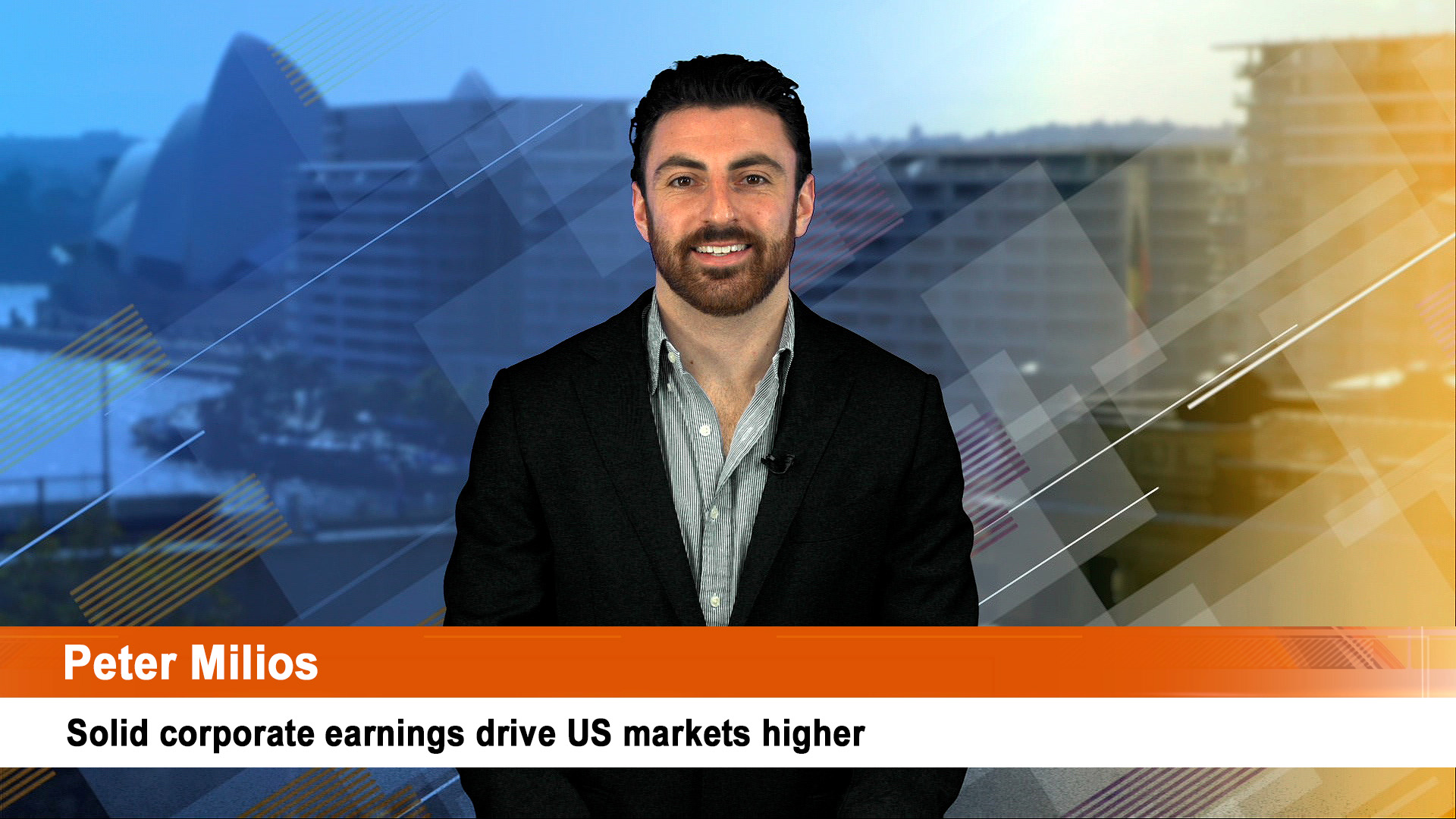If there’s one thing that markets hate, it’s uncertainty. And with trade wars, political ructions and mixed economic signals — not to mention a host of company-specific factors — it’s tempting for investors to sit on the sidelines until the outlook becomes clearer.
The trouble is, if certainty is what you crave, you could be waiting for a long, long time.
Investing is all about making a judgement on the future, and the future is inherently unknowable — even for those with the most acute foresight. Moreover, as soon as the current set of worries is resolved, they’ll be replaced by something else. Guaranteed.
Besides, even if we all knew how things would things would play out, the very nature of markets would ensure any ‘alpha’ is arbitraged away, meaning there’d be no opportunity for out-performance. That is, even if we could perfectly predict business cash flows until the end of time, the market would simply price shares such that investors could only achieve a ‘risk free’ rate of return. Which is to say, not much — any ‘risk premium’ would simply vanish.
Without uncertainty, there’d be little point investing in shares.
Of course, there are different types and degrees of uncertainty. Understanding this, and focusing on the right type of uncertainty, is the key to successful investing.
At one end of the spectrum, there’s the uncertainty as to what share prices will do tomorrow. There’s nothing you can ever do to resolve that, and so focusing your efforts here is a total waste of time. You just need to accept that short-term volatility is par for the course
In fact, we need to flip this on its head: it is 100% certain that that near-term pricing will be uncertain.
At the other extreme, there’s the uncertainty as to what economies — and, by extension, companies — will do in the long run. While we can’t be sure of the specifics, and unless you hold grave fears for the future of humanity, it’s not unreasonable to assume that things will, on average, improve over time. (if you don’t think that, a “shotgun and seeds” portfolio is your best bet!)
That’s why regularly contributing to a low-cost index fund (which is a great proxy for the broader economy) is about as safe an investment as you can make over the long term. To again invert our perspective; it’s a near certainty that a broad-based, long-term approach will yield decent returns.
Looking at individual shares, we can also focus on the less prickly aspect of future uncertainty. Rather than trying (in vain) to predict what shares in (say) CSL ((CSL)) will be trading at next year, we can instead attempt the far easier prediction of whether (a) the company will still be operating in 10 years, and (b) whether it will be generating a greater profit at that point.
Here again, we can never know for sure, but that’s a far safer ‘bet’ than speculating on near term market prices.
Of course, you can still do very poorly in a great company if you pay a silly price. Valuation matters — a lot. But here it’s a case of attempting to be generally right, as opposed to specifically wrong. As all experienced investors know, it’s always a good idea to apply a wide ‘margin of safety‘ when assessing value; the more you factor uncertainty into your pricing, the less impact it will have.
Remember, too, that you can account for most uncertainty by applying one of the oldest, and simplest, portfolio techniques available; diversification. By spreading your precious capital across a basket of different shares, you protect yourself from the certainty of individual mistakes. It’s a no-brainer.
The financial press will always present you with a raft of scary uncertainties. It has always — and will always — be thus. Fortunately, most of these will have little bearing on your long-term success. (You can easily test this by revisiting the business news from a few years back — it’s laughable how irrelevant most of the big issues of the day now look in hindsight.)
When it comes to investing, uncertainty is the only certainty there is. But that’s only a problem for those that fixate on the wrong kind













